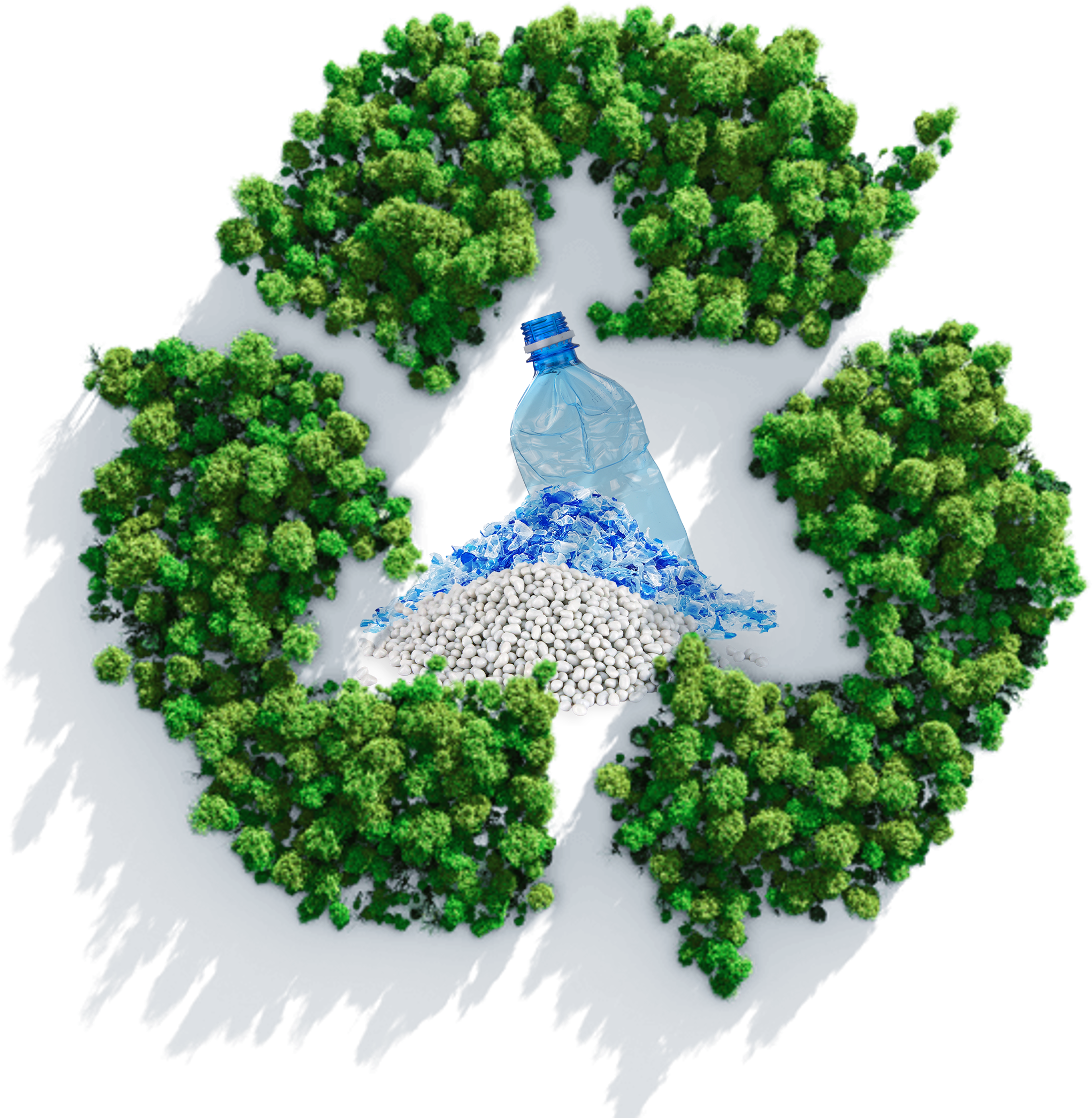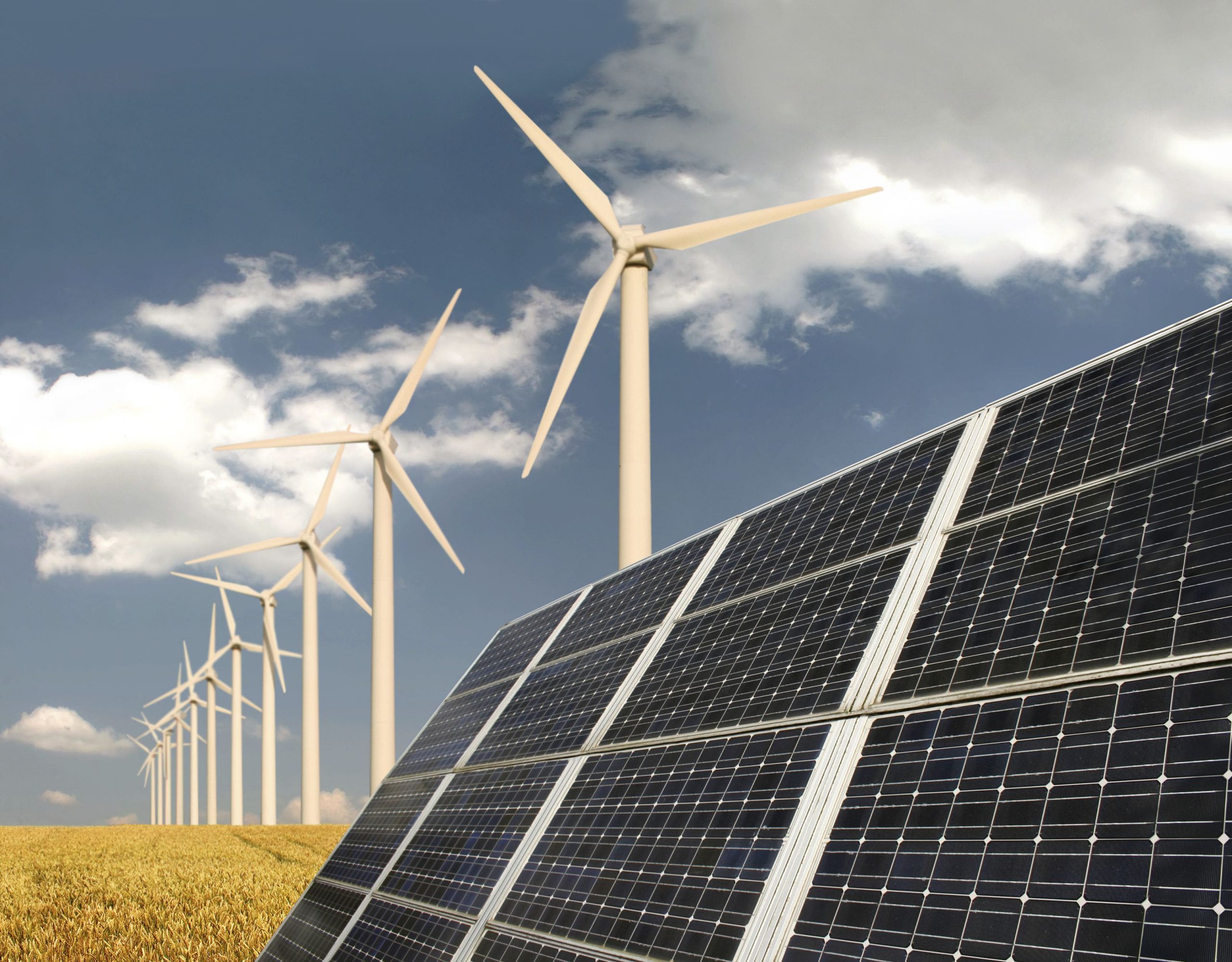CIRCULAR ECONOMY
Circular economy is a virtuous model of production and consumption that involves reusing, repairing, reconditioning and recycling existing materials and products for as long as possible. In this way, the life cycle of products is extended, helping to reduce waste to a minimum and, above all, a resource that would have alternatively be discarded and incinerated is enhanced.

Recycled PET is a clear example of how something prevously considered a “waste” can be valued and can find a second life application. We know that plastic is one of the most widely used and widespread materials in the world, but its extreme durability and resistance to biodegradability makes it essential to manage its disposal correctly, once it reaches the end of its useful life. The recycling of plastic waste has therefore become a highly topical issue, both in economic terms and in terms of environmental sustainability, so that the European Union has defined clear targets for reuse, recycling and waste collection (for example, 90% of PET bottles by 2029 for SUP).
Recycling plastic brings significant benefits to the environment, and leads to the built up of new items made of high-quality recycled plastic. Recycled PET is set to become increasingly important by volumes, also in food applications. The European Union, for example, has introduced new rules that specify that beverage bottles must contain 25% recycled PET content by 2025, and 30% by 2030.
GSI, with its RPET division, is able to meet the growing demand for recycled material, with professionalism and competence, ensuring the continuous availability of RPET in certified granules or flakes, in line with customer requests.

